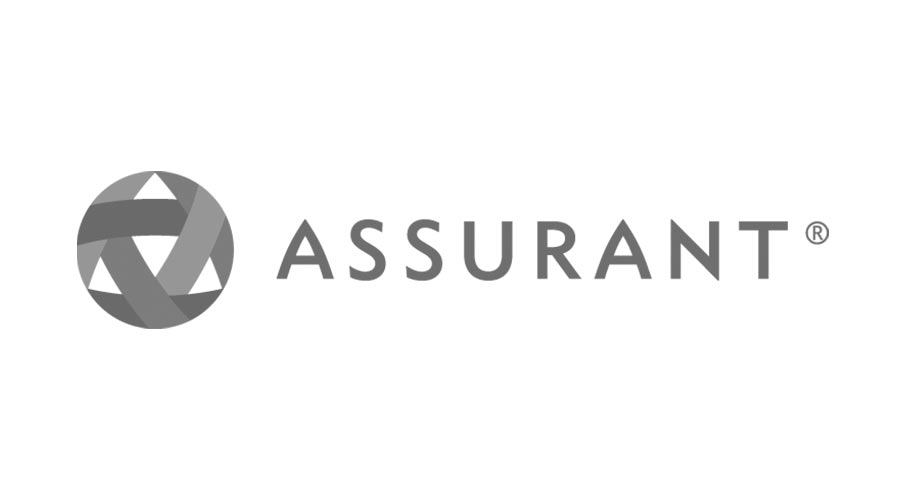Introduction
BSR worked with Assurant, a global business services company that supports, protects, and connects major consumer purchases, to conduct a global double materiality assessment aligned with leading reporting standards and frameworks. Assurant and BSR used the materiality assessment as an opportunity to improve the company's understanding of the double materiality process and facilitate discussions with senior business leaders around stakeholder priorities and strategic implications at a regional and global level. This project enabled Assurant to confirm its strategic priorities ahead of its sustainability strategy refresh and prepare for upcoming regulatory reporting requirements like the EU Corporate Sustainability Reporting Directive ("CSRD"), given the company's presence in Europe.
Background
Assurant is a leading global business services company that supports, protects, and connects major consumer purchases through two operating segments: Global Lifestyle and Global Housing. A Fortune 500 company with approximately 13,600 employees in 21 countries, Assurant partners with the world's leading brands to deliver innovative solutions through mobile device offerings, extended service contracts, vehicle protection services, renters’ insurance, lender-placed insurance products, and other specialty products.
The Challenge
Assurant recognized the need to refresh its materiality assessment using a double materiality approach, which considers how sustainability topics influence a company's enterprise value (“financial materiality") and how the company's activities related to sustainability topics affect the environment and society (“impact materiality"). In recent years, the sustainability field has been moving away from methods that are based on stakeholder perceptions and adopting methods based on impacts. CSRD's double materiality requirement has dramatically accelerated that shift. What was once considered a nice-to-have is now non-negotiable for many companies. Adopting the concept of double materiality clarifies that many sustainability topics may not impact enterprise value, but companies still need to address them because these topics impact the environment and society, including affected stakeholders. Assurant understood the strategic value of this opportunity and wanted a partner to work closely with them on a robust assessment aligned with best practices.
With over 30 years of experience in the sustainability and human rights field, and as an early adopter of double materiality, BSR has worked with 250 companies on materiality assessments. BSR's methodology pulls from best practices in the materiality and human rights fields to systematically identify, define, and prioritize a company's positive and negative impacts on enterprise value and the environment and society, by assessing the likelihood and severity of the impacts to occur. BSR's approach to double materiality and emphasis on authentic stakeholder engagement resonated with Assurant's desire for a strategic and thoughtful process instead of a solely compliance-focused exercise.
BSR’s Response
As a company headquartered in the US with operations in the EU that are subject to CSRD, Assurant wanted to ensure that its materiality assessment incorporated a European lens as well as focused European stakeholder engagement. BSR worked with Assurant to define an efficient approach that would result in a global view, while also providing sufficient regional nuance. At the beginning of the project, BSR developed a long list of relevant sustainability topics and descriptions of impacts on business and impacts on environment and society at global and regional levels using European Sustainability Reporting Standards (ESRS) guidance, other reporting frameworks, peer reviews, strategic documents, and prior materiality results. While a high-level materiality assessment based on stakeholder perceptions can uncover impacts to enterprise value, BSR's work with Assurant and other organizations has revealed that more in-depth research using various data sources is needed to meaningfully capture impacts on environment and society by the company or its industry.
As part of our process, we engaged 45 internal and external stakeholders to analyze perspectives and emerging expectations on key sustainability topics and actual or potential impacts, risks, and opportunities (IROs). For materiality assessments, it is critical that companies involve a wide range of stakeholders in the process of identifying and assessing IROs. Internal stakeholders should include leaders and employees across the organization, covering the regions in scope, and a company's various business lines. External stakeholders commonly include clients, partners, suppliers, industry groups, rights-holders, thought leaders, NGOs, and trade unions. Based on findings from the stakeholder interviews, we refined our definitions of the key impacts associated with each topic on enterprise value, environment, and society.
The topics were ranked based on impacts to enterprise value and impacts on environment and society following CSRD requirements and using a framework that was aligned with Assurant's ERM system. The results were plotted on global and European matrices, to call out the regional nuances. The matrices were accompanied by rationale for the topic placements and the key differences between the global and European results. BSR conducted two virtual interactive workshops with Assurant's European and global executive leadership teams to validate results and discuss strategic and reporting implications.
Impact
BSR conducted a robust double materiality assessment to prepare Assurant for its upcoming strategy refresh and mandatory disclosure obligations. The finalized materiality results clarified Assurant's highest priority topics and brought consistency between global and regional sustainability strategy and reporting. This process helped to broaden the organization's knowledge of sustainability topics, related impacts, risks, and opportunities, and led to an improved understanding of and alignment with the double materiality process, as defined by CSRD. The meaningful conversations with various stakeholder groups allowed Assurant to strengthen its relationships with key partners and identify future opportunities for collaboration. As a next step to this work, Assurant is translating the findings from its materiality assessment to develop goals, targets, and action plans for its highest priority topics.
We recognized the value of extensive stakeholder engagement as a key input for the assessment, offering meaningful dialogue with our senior leadership on priority matters and amongst several key clients on common sustainability focus areas. The BSR team effectively facilitated much of the key discussion throughout the assessment's stakeholder engagement and felt like an extension of our Sustainability Team.
- Michael Bellantis, VP of Sustainability, Assurant
Conclusion
A double materiality assessment should not be viewed as a mere tick-box exercise, but a valuable strategic endeavor that will serve as the foundation for a company's sustainability strategy and reporting. Not only does it position companies to adapt to upcoming and future disclosure regulations, it also leads to stronger internal and external stakeholder relationships and more resilient business strategies that focus on long-term value.
Get in Touch
Interested in learning more about BSR's approach to double materiality assessments? Please contact BSR's Transformation Team.
This case study was written by Megan Coffey and Beth Richmond.
Let’s talk about how BSR can help you to transform your business and achieve your sustainability goals.









